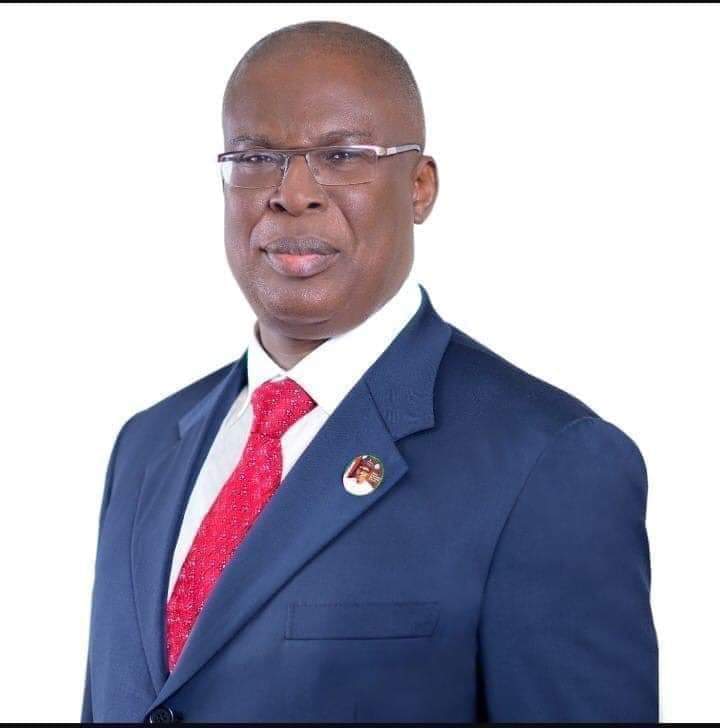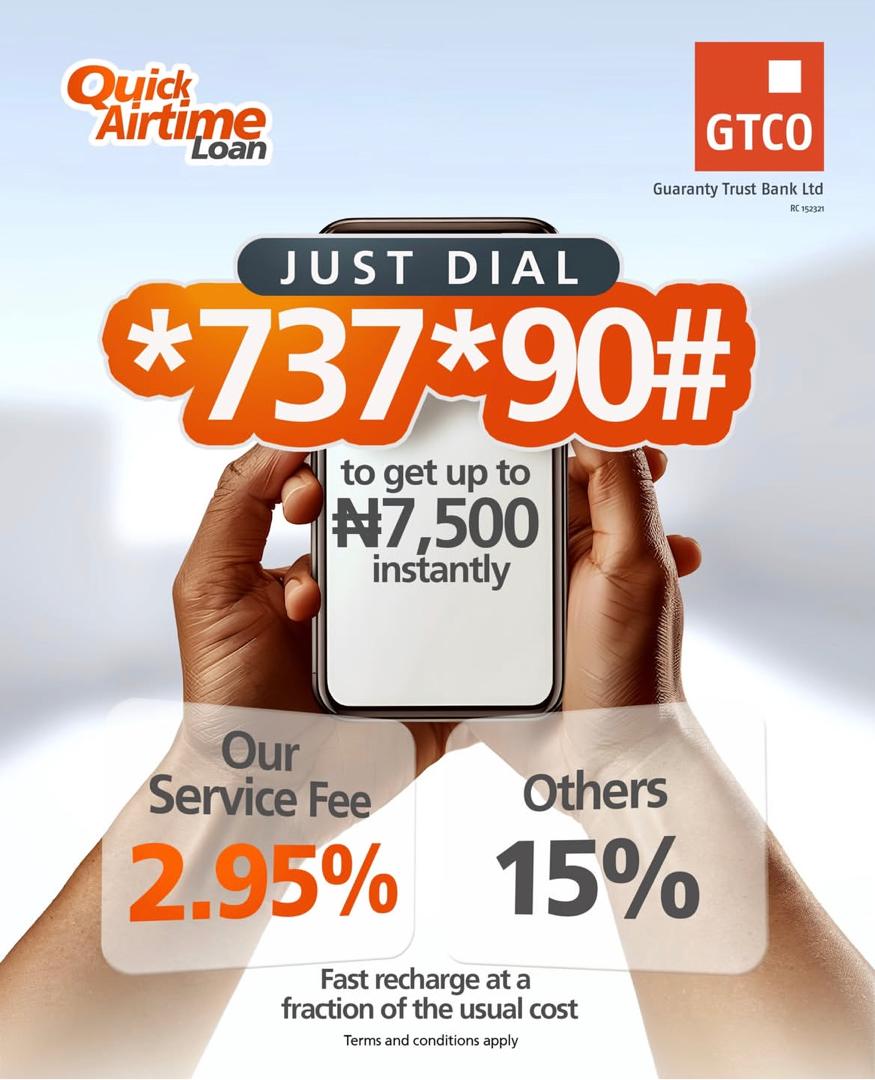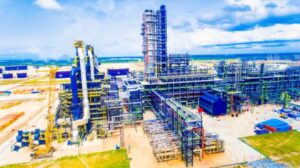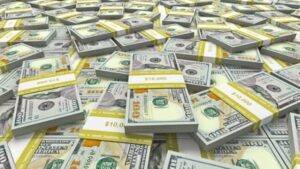
Timipre Sylva, minister of state for petroleum resources, says the removal of subsidy on petrol will allow the federal government save N1 trillion.
Speaking with reporters in Abuja on Thursday, Sylva said the money saved will be used to fund other critical aspects of the economy.
In March, the federal government had announced that the Petroleum Products Pricing Regulatory Agency (PPPRA) would modulate pricing in accordance with prevailing market dynamics.
In line with the directive, the ex-depot price of petrol as determined by the Petroleum Products Marketing Company (PPMC) increased from N138.62 to N151.56 per litre last week.
The ex-depot price is the cost at which the product is sold to marketers.
Following the ex-depot adjustment, the retail price of petrol has now risen to as high as N160 per litre, and many have been divided on the increase, considering the effects of the coronavirus pandemic on the economy.
However, Sylv said previous administrations lacked the political will to remove subsidy.
“It’s time for Nigerians to face reality and do the right thing. What is deregulation going to do? It is going to free up a lot more money. At least from the very beginning it will save us up to a trillion and more every year,” Sylva said.
“Already, we have taken up the budgetary provision for subsidy which is about N500 billion in the budget. Also, we have taken off the excess forex price that special rate that was given to NNPC which also came at a cost. All the money that we used to defend the naira at that time to subsidise the dollar will now be freed up for development.
“In March, when we announced the deregulation, the prices were low and that advantage was transferred to the consumer. So, we brought down the price of petrol. The unfortunate thing is that when we brought down the price of petrol, nobody reacted in the marketplace. The prices were the same.”
The minister said to give the deregulation “a human face”, the government would introduce alternative fuel.
“We are giving auto gas. Gas will now become a fuel for our cars. This programme will be rolled out within the next one month,” Sylva said.
“So, if you go to a filling station and you convert your car to dual capability or dual fuel, then you drive into a typical filling station you will find gas LPG, you find CNG and NLG being sold. If you look at the price of PMS versus the price of gas and you think that gas is cheaper which of course, it is going to be cheaper.”
The Cable









